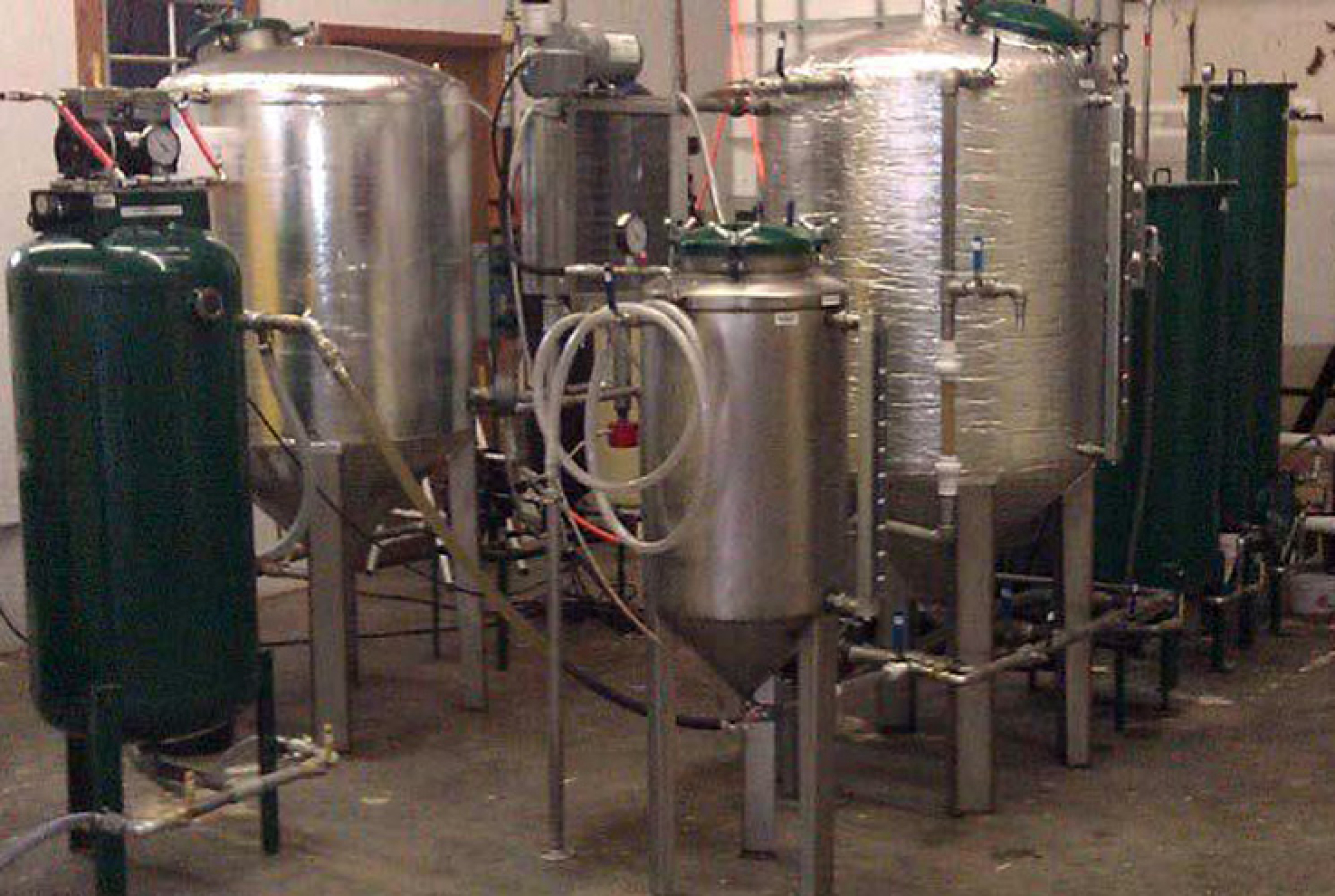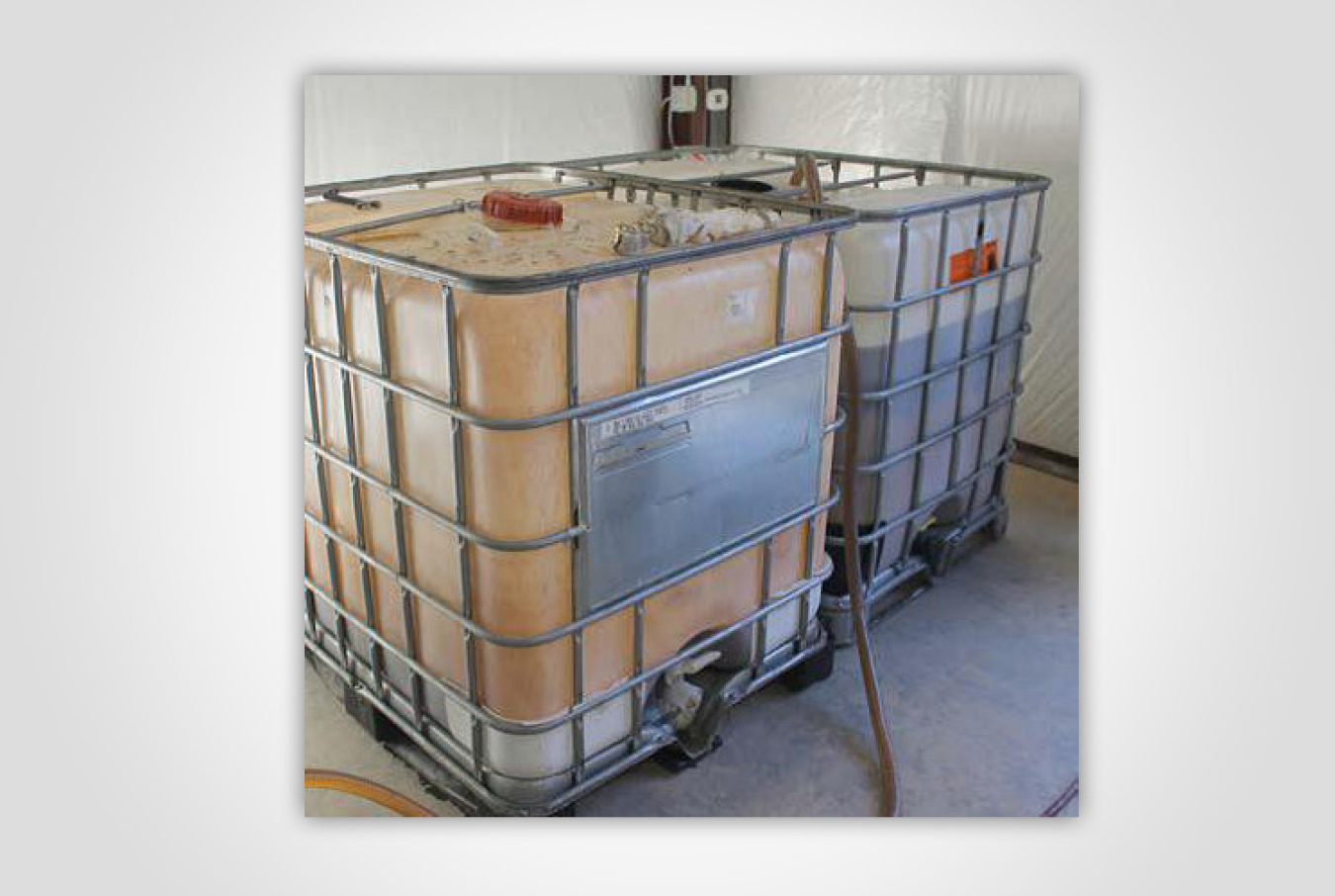The Eastern Band of Cherokee Indians and the Mississippi Band of Choctaw Indians had plenty of used vegetable oil and grease on hand and a desire to convert the waste to biofuel to reduce the environmental impact of their energy use. The Tribes partici...
Office of Indian Energy Policy and Programs
September 6, 2013
The Eastern Band of Cherokee Indians and the Mississippi Band of Choctaw Indians are converting waste vegetable oil and grease to biofuel in an effort to reduce the environmental impact of their energy use.

Challenge: Two Tribes—the Eastern Band of Cherokee Indians (EBCI) and the Mississippi Band of Choctaw Indians (MBCI)—had plenty of used vegetable oil and grease on hand and a desire to convert the waste to biofuel to reduce the environmental impact of their energy use. In considering biodiesel, they also wanted to ensure that vehicles required no modifications to run on this form of clean fuel.
Solution: United South and Eastern Tribes, Inc. (USET), a nonprofit intertribal organization that represents its member Tribes at the regional and national level, conducted a demonstration project on biodiesel production with these two Tribes in the hope that other Tribes could replicate the results on their own lands.
“The idea was to start small and slowly,” said Lindy Colombini, who coordinated the project for USET. “Drivers and mechanics are understandably nervous about using an untested fuel in their trucks, and the risks and complexities of setting up a commercial operation were daunting.”
Both Tribes are using the biodiesel in their own vehicles to test both the fuel and the production process. The EBCI project can produce up to 250 gallons in a 24-hour period from donated waste vegetable oil and grease. The Tribe’s Natural Resources Department uses most of the fuel, and the Cherokee Boys and Girls Club has taken on the job of making biodiesel.
“The Boys and Girls Club members enjoy the process and learn about producing cleaner fuels,” Colombini said. “It’s become a community project, and so far the vehicles are running fine.”
MBCI also started small, although as demand for biodiesel goes up and efficiency improves as operators become more familiar with the system, the production rate is expected to rise. The Pearl River Resort, a casino owned by the Tribe, donates its waste vegetable oil. The resort’s maintenance crews use the biodiesel first, and the Tribe’s Transportation Department uses any excess.
Both Tribes experienced similar challenges at the beginning of their projects, including deciding on a location, getting tribal members to trust using fuel from a noncommercial source, and choosing the right type of biodiesel processer.
The projects were funded in part by U.S. Environmental Protection Agency grants. DOE has provided technical assistance to both Tribes in the past to help determine the feasibility of clean energy projects that could lead to increased economic development.
Lessons Learned:
- Know your resources. Even used vegetable oil and grease can be an opportunity for Tribes to use clean energy for power.
- Start out small; scale up when you can. Both Tribes in this demonstration project wanted to be sure the biodiesel they produced was quality fuel and that the conversion process worked, so they started out small. Funding also will be a factor in determining project size.
- Education and community support are key. A project's success often is dependent on the support of the community and other stakeholders. Involve them early on in the planning process and educate them about the technology, its application, and how it will benefit the community.
- Learn from others. Both Tribes did a lot of research and spoke with other entities using biodiesel before selecting the right processor for their unique needs, which was invaluable in making an informed decision.
Learn more about recent actions to accelerate energy development in Indian Country in the Summer/Fall 2013 issue of our Indian Energy Beat newsletter.

